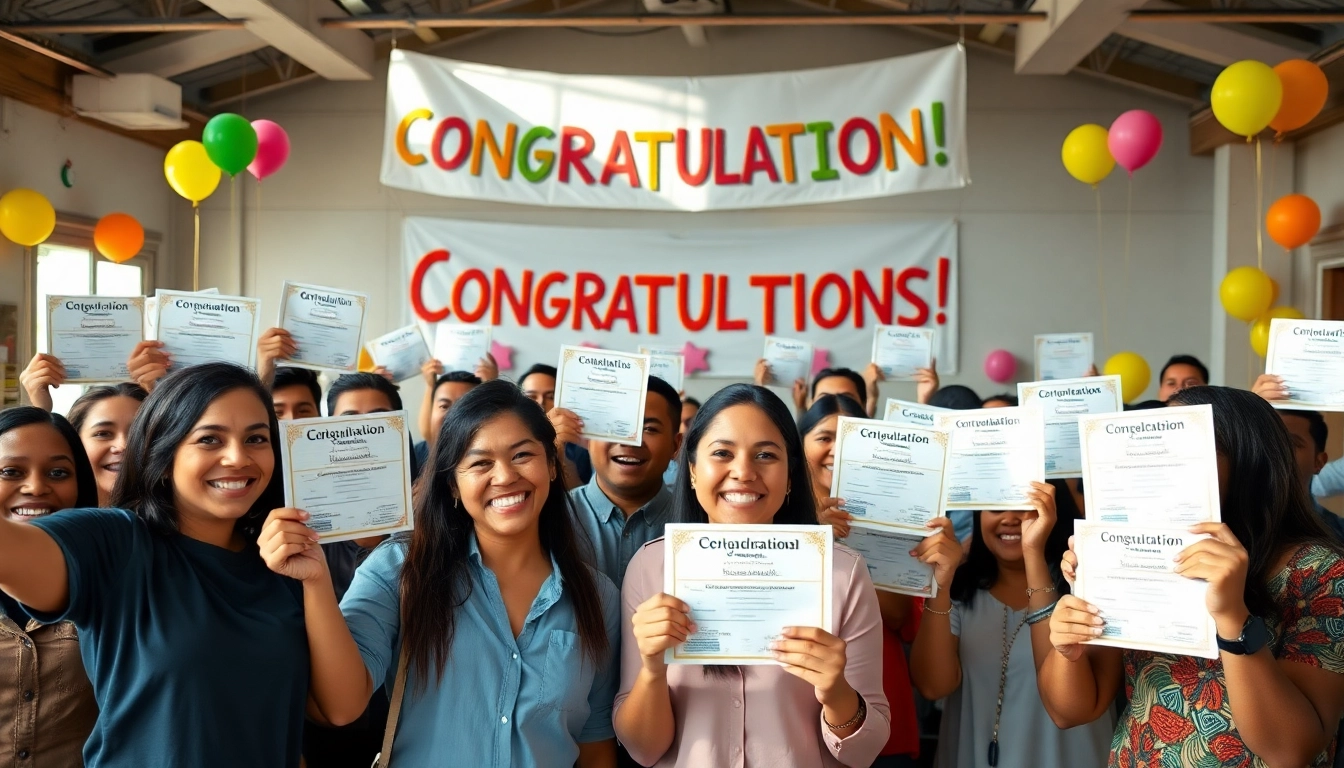Understanding Ciudadania: What It Means and Its Importance
The Definition of Ciudadania
Ciudadania, or citizenship, represents more than just legal residency in a nation; it embodies an individual’s complete membership within a political community. Citizenship confers specific rights, responsibilities, and privileges that distinguish individuals as part of a larger society. This concept encompasses various dimensions—legal, political, social, and cultural—that need to be understood to appreciate the significance of citizenship fully.
In most nations, obtaining ciudadania ensures access to essential rights like the right to vote, run for public office, and receive government protection. Moreover, citizenship often entails obligations, such as the duty to obey laws and, in some cases, contribute to national defense.
Historical Context of Citizenship
The history of citizenship dates back to ancient civilizations, where the concept was often limited to free, land-owning males. In ancient Greece, for instance, citizenship was connected to participation in political life, with limited rights for women, foreigners, and slaves. Over the centuries, the definition and implications of citizenship evolved significantly, especially through the Enlightenment, which emphasized individual rights and social contracts.
The post-World War II era marked a further global shift. The emergence of international human rights instruments changed perceptions of citizenship, making it a vital component of modern democratic societies. Today, citizenship is inherently tied to notions of identity, belonging, and community, reflecting diverse sociopolitical landscapes across the globe.
Why Ciudadania Matters Today
In today’s interconnected world, citizenship matters fundamentally for several reasons. Firstly, it dictates individuals’ legal status and their interactions with governmental frameworks. The global migration trends highlight the importance of citizenship as a means of accessing opportunities and protections. In contexts where migration is on the rise, understanding the implications of citizenship becomes paramount.
Secondly, citizenship serves as a vehicle for social inclusion. It empowers individuals to participate in governance and community-building activities, fostering civic engagement. Moreover, the experience of belonging and identity associated with citizenship can strengthen societal bonds, making it a crucial element of social cohesion.
Finally, in light of globalization and the challenges it presents, the role of citizenship continues to evolve, necessitating ongoing discussions about rights, responsibilities, and the nature of belonging. Maximizing the benefits of citizenship while addressing the disparities of access remains a critical challenge for contemporary societies.
The Process of Obtaining Ciudadania
Eligibility Requirements for Ciudadania Applications
Obtaining citizenship varies significantly between countries, with each nation establishing its criteria and regulations. However, common requirements often include:
- Legal residency status for a certain number of years.
- Demonstration of language proficiency in the country’s official language.
- Knowledge of national history and civic responsibility.
- Good moral character, often assessed through background checks.
- Oath of allegiance or commitment to the country’s principles and laws.
It’s crucial for prospective applicants to research the specific requirements of their desired country to ensure compliance with their application process.
Key Steps in the Application Process
The application process for obtaining citizenship generally involves multiple steps, including:
- Research: Before applying, familiarize yourself with the eligibility criteria and required documentation.
- Gather Documentation: Compile necessary evidence, such as identity documents, proof of residency, and tax records.
- Submit Application: Complete the application forms accurately and submit them along with the required fees.
- Attend Interviews: Prepare for and attend interviews, which may include language and civics tests.
- Await Decision: After submission, wait for the immigration authorities to process your application and notify you of the decision.
- Oath of Allegiance: If approved, you will take an oath of allegiance to finalize your citizenship.
Understanding these steps is critical for anyone considering the path to citizenship. Preparation is key to addressing any pitfalls that may arise during the journey.
Common Challenges Faced During the Process
Prospective citizens often encounter various challenges during the application process. Common issues include:
- Lack of Preparation: Failure to prepare adequately for interviews or tests can lead to delays or denials.
- Complex Documentation: Misplaced or incorrectly submitted documents can complicate the application process.
- Legal Barriers: Applicants might face legal issues, such as past criminal records, that could affect their eligibility.
- Language Barriers: Non-native speakers may struggle with language requirements, making it crucial to seek language training if necessary.
Addressing these challenges proactively can significantly enhance the likelihood of a successful application. Seeking guidance from immigration experts or legal advisors can provide valuable insights and support.
Celebrating Your Ciudadania: The Cultural Significance
Why Celebrating Citizenship Is Important
Celebrating the achievement of citizenship is significant for both individuals and communities. It embodies recognition and acknowledgment of the hard work and determination required to attain this status. Celebrating citizenship fosters a sense of belonging and encapsulates one’s identity within the broader national narrative.
Moreover, celebrations can strengthen community ties. They offer a platform for cultural exchange, allowing individuals to share their diverse backgrounds while embracing the traditions and values of their new home. These moments can serve as powerful reminders of the journey undertaken, enriching the fabric of the community.
Ideas for Celebrating Your New Ciudadania
There are many creative ways to celebrate achieving citizenship:
- Host a Gathering: Organize a celebration with family and friends, sharing food and traditions from your culture.
- Participate in Civic Activities: Attend community events, such as parades or citizenship ceremonies, that recognize new citizens.
- Create Symbolic Art: Crafting art pieces that embody your heritage and new identity can make a meaningful celebration.
- Engage in Community Service: Volunteering offers a fantastic way to give back to your community while celebrating your new status.
These celebrations are not only personal milestones but also communal opportunities to promote inclusivity and understanding.
How Different Cultures Celebrate Ciudadania
Cultural initiatives often play a crucial role in how citizenship is celebrated worldwide. For instance:
- United States: Naturalization ceremonies are often held, welcoming new citizens in formal events accompanied by the singing of the national anthem.
- Canada: Canada Day allows citizens to celebrate national pride through various public festivals and activities.
- Mexico: The Day of the Dead incorporates elements of citizenship by honoring ancestors and emphasizing cultural roots.
These customs reflect diverse approaches to celebrating citizenship, recognizing its vital connection to identity and community cohesion.
Rights and Responsibilities of Citizens
Understanding Your Rights as a Citizen
As a citizen, you are entitled to a variety of rights that protect your freedoms and ensure your participation in society. These rights typically include:
- The right to vote and participate in the political process
- Protection under the law and equal treatment
- The right to freedom of speech and expression
- Access to education and healthcare services
- The ability to seek legal recourse and representation
Knowing these rights is essential for citizens to advocate for themselves and engage effectively in their communities.
The Responsibilities That Come with Ciudadania
In addition to rights, citizenship encompasses responsibilities that individuals must uphold. These may include:
- Obeying laws and regulations established by the government
- Participating in civic duties, such as voting and serving on juries
- Staying informed about national issues and policies
- Contributing to the welfare of the community through volunteer work
- Paying taxes to support public services and infrastructure
Embracing these responsibilities is vital for fostering a vibrant and engaged citizenry, which ultimately benefits society as a whole.
How Being a Citizen Affects Your Community Engagement
Citizenship fundamentally influences how individuals engage with their communities. Citizen participation is pivotal in enhancing democratic processes and addressing local challenges. Engaged citizens are more likely to contribute to discussions on public policy, advocate for social changes, and participate in volunteer opportunities.
Furthermore, engaged citizenship helps build trust and collaboration among community members. By taking part in local activities and initiatives, citizens not only fulfill their responsibilities but also help shape the future of their communities. The social bonds forged through collective action bolster communal resilience and create a stronger society.
The Future of Ciudadania in a Globalized World
Trends in Citizenship Laws and Regulations
The landscape of citizenship laws is continually evolving, influenced by globalization and demographic shifts. Recent trends indicate a growing debate around dual citizenship, particularly among younger generations who value cross-border mobility and cultural exchange. Countries are beginning to recognize the advantages of allowing dual citizenship, including economic contributions and cultural diversity.
Furthermore, there’s an increasing emphasis on inclusive citizenship, exploring how laws can better reflect the realities of gender equality, LGBTQ+ rights, and racial justice. Legal systems are challenged to adapt to these changing dynamics, ensuring that all citizens are recognized fairly and justly in their societies.
The Impact of Globalization on Citizenship
Globalization poses both challenges and opportunities for citizenship. On one hand, it has facilitated cross-border movement and cultural exchanges, fostering a sense of global citizenship among individuals. People today are more interconnected than ever, leading to a blending of national identities and increased advocacy for universal rights.
Conversely, globalization can also fuel nationalism and restrictive immigration policies in some regions, creating tensions surrounding issues like border control and cultural preservation. Navigating the complexities of citizenship in a globalized context will require ongoing dialogue, understanding, and the adaptation of citizenship frameworks that accommodate diverse realities.
Preparing for the Future: Navigating Changes in Ciudadania Policies
As citizenship laws continue to evolve, individuals must remain informed and adaptable. To navigate potential changes effectively, consider the following actions:
- Stay updated on legislative developments regarding citizenship laws and immigration policies.
- Engage with community organizations that provide resources and support for prospective citizens.
- Participate in civic education initiatives to better understand the rights and responsibilities associated with citizenship.
- Advocate for inclusive policies that reflect the needs of diverse populations.
Preparing for changes in citizenship policies is imperative, ensuring individuals can retain their rights and contribute positively to their communities in an ever-evolving world.



